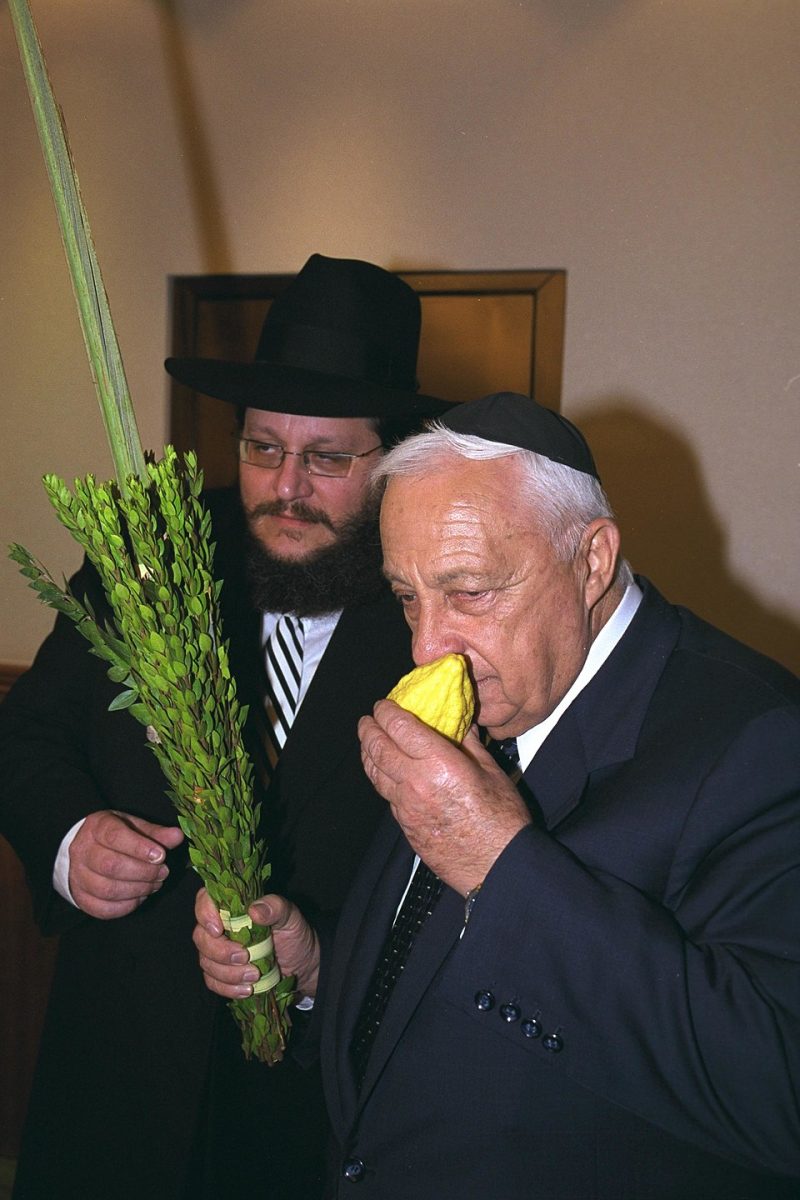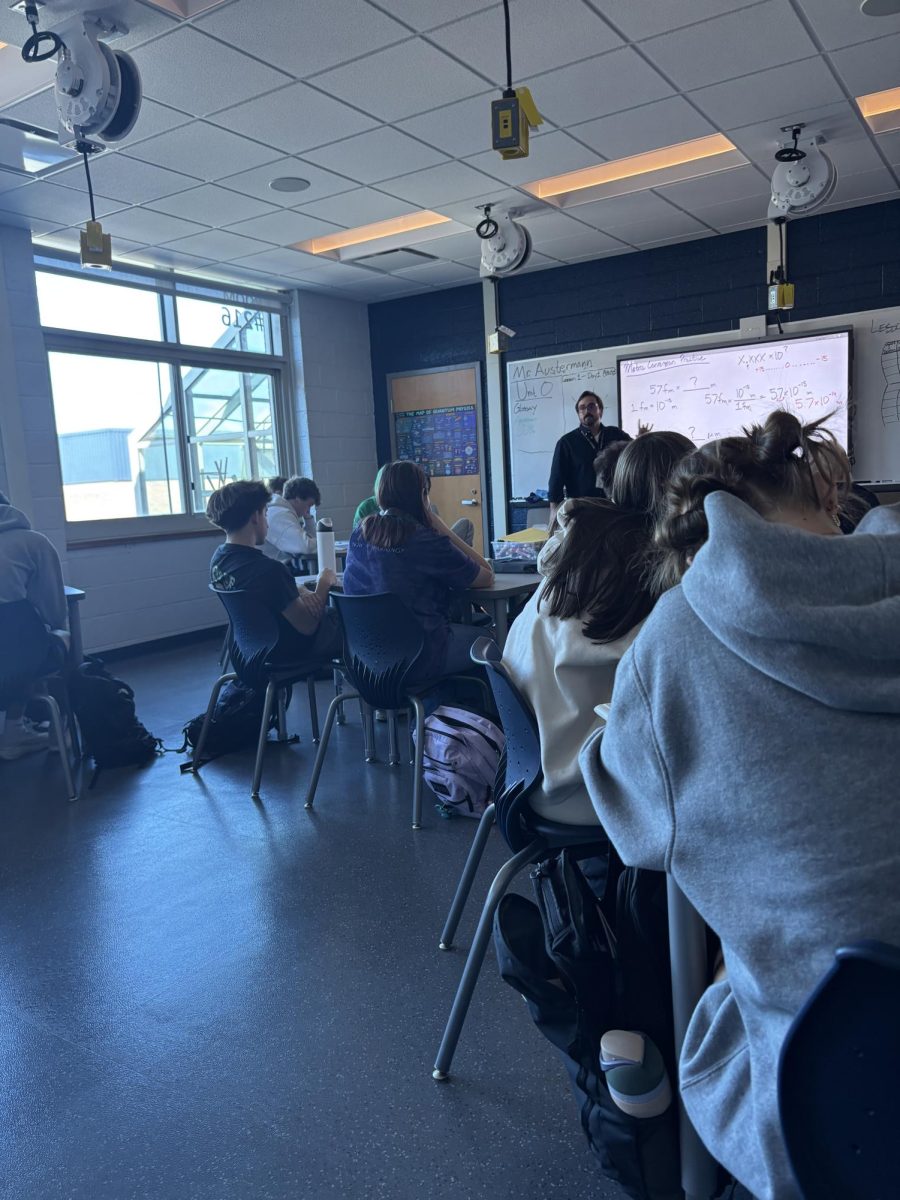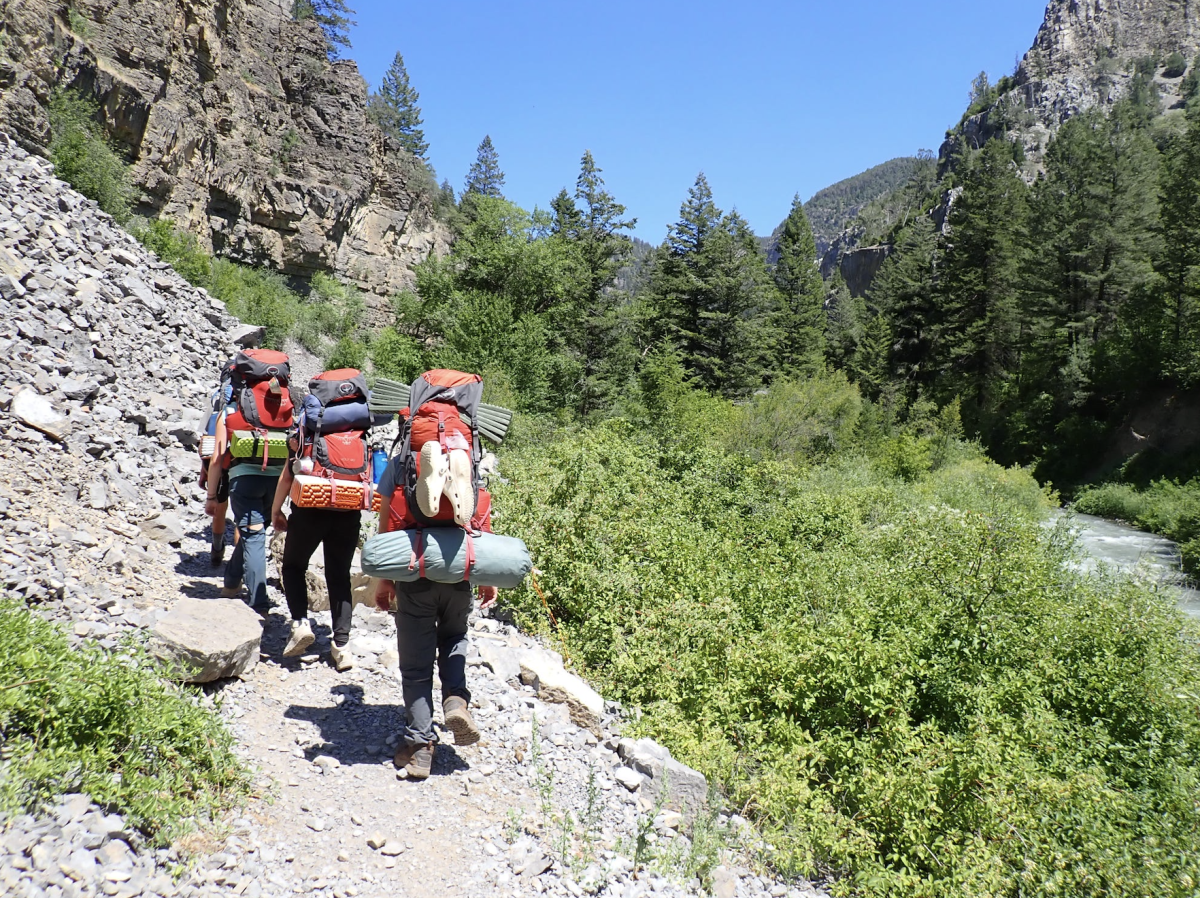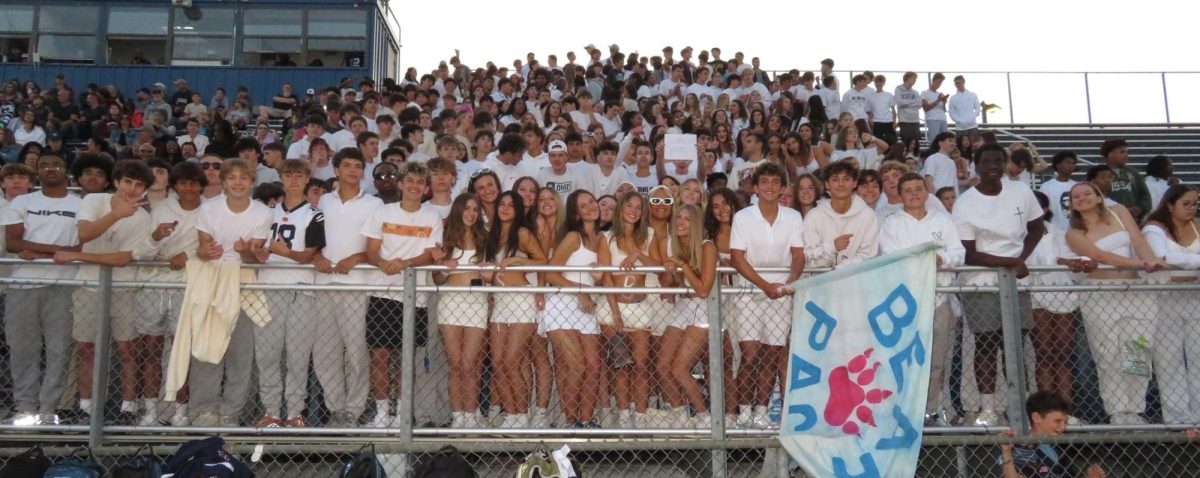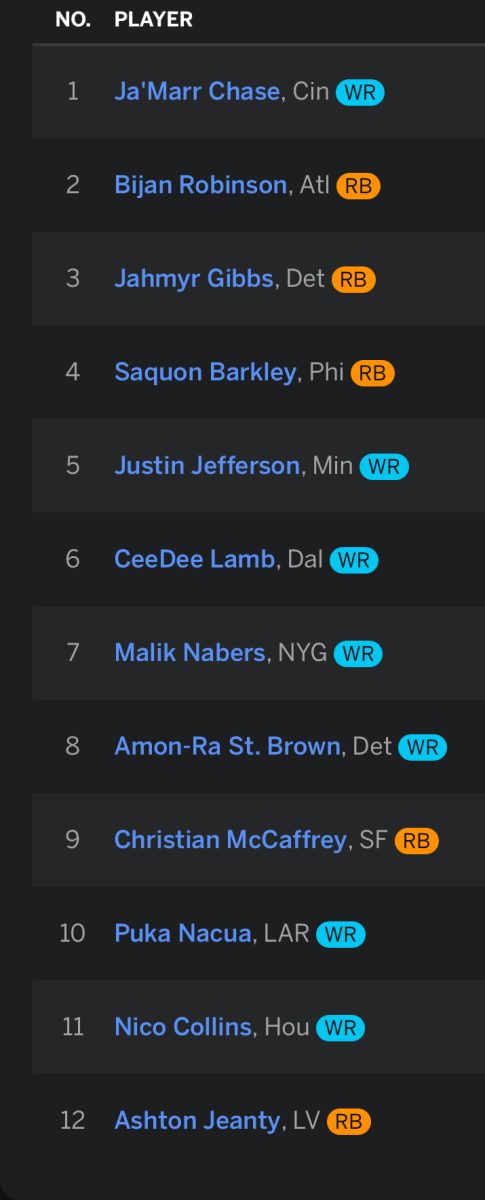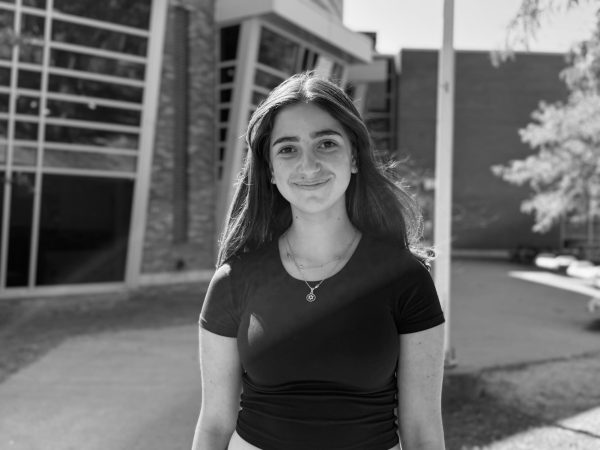Berkley School District gives many days off from school in the early fall. Many people know that it is due to the Jewish Holidays, but it can be unclear why these holidays deserve days off. The reason for this is because early Fall is one of the most crucial times in the Jewish Religion. There are so many Jewish Holidays that are so central to the religion. In fact, two out of the three most important holidays in all of Judaism take place during this time; Yom Kippur and Rosh Hashanah. First off, Rosh Hashanah is celebrated on Sept. 22-24. Next, we will celebrate Yom Kippur on Oct. 1-2. Lastly, Sukkot is celebrated on Oct 6-13. There are so many traditions that are so impactful to the Jewish communities, which make this time a really eventful month.
To start off, we have Rosh Hashanah: the Jewish New Year. In Jewish Culture, we have a different calendar: instead of starting on January 1, we start somewhere in late September to early October. It all depends on where the Jewish Calendar lands. Judaism also has its own months and ways of counting years. However, the length of each month and year are the same as the Gregorian Calendar. This year, Rosh Hashanah falls on the month Tishrei 1, and ends on Tishrei 2 (Tishrei is a month in the Jewish Calendar). Along with that, the upcoming Jewish year is 5786, which means it has been 5786 years since the creation of the Earth in Judaism. There are many traditions on this holiday. For one, we go to the synagogue and pray for a good new year. Along with that, we eat sweet food like apples with honey, which symbolize a sweet new year! It is such a joyful and fun holiday to celebrate with friends and family.
Mrs. Weiss, a Berkley high school counselor, expressed her love of Rosh Hashanah. “It’s kind of a celebration of starting over, like an opportunity to get ready to celebrate before getting serious about reflecting on my year,” she stated.
When celebrating her holidays, Mrs. Weiss plans on going to synagogue and spending time with family. “I go to my temple, Temple Israel, and I go to services for Rosh Hashanah and Yom Kippur. And then, really, my favorite part is that all the families come together.”
Along with that, Mrs. Weiss expressed how important it is to her that we get these 2 days off. She says, “[Some] don’t pause to understand what this holiday means to us, so the fact that those two days are off [from] school reinforces how important they are”.
The next holiday is called Yom Kippur. On the Jewish Calendar, this takes place on Tishrei 9 and ends on Tishrei 10. This holiday comes nearly 10 days after Rosh Hashanah, and that is for a reason. After the new year, we are supposed to make atonement for the sins we may have committed in the previous year. Along with that, it is the holiest day of the year, because we are the closest to G-d during this day. On this holiday, there are many restrictions that we must follow. This includes a fast day, where we can eat no food or drink any liquid. Along with that, we are not supposed to wear leather because it is a sign of privilege worn on a day where you are supposed to be humble and focus on self reflection. Most men wear gym shoes instead of dress shoes because gym shoes don’t have leather. Along with that, Jews are supposed to spend the whole day at Synagogue, praying to G-d for forgiveness of our sins. At the end of this day, we spend time with family and friends breaking the fast with a big meal, and looking forward to a fresh start and a new year!
Mr. Charlip revealed his traditions for Yom Kippur. “We always go fasting, we’ll go to temple…. and then breaking the fast …. bagels and breakfast, and tuna… kugel, those are always my favorite things”.
The last Jewish holiday that is coming up is called Sukkot. This holiday happens from Oct 6-13. This holiday commemorates G-d’s protection of the Jews, when they left Egypt thousands of years ago. Along with that, it also commemorates the gathering of the harvests. On this holiday, Jews are traditionally supposed to live in a small hut outside called a Sukkah. This Sukkah is made from 3 walls (any material), and a roof made from natural vegetation, like bamboo. A Sukkah is supposed to represent the huts Jews lived in when they escaped Egypt, and were wandering in the desert. For non-religious Jews, however, they mostly just eat dinner in the Sukkah a few times. Another tradition is that we are supposed to shake the Lulav and Etrog. This is a bundle of special plants made up of a palm frond (Lulav), 3 myrtle twigs (hadassim), and two willow twigs (aravot) tied together. Along with that, we also hold a citrus (Etrog). We hold these four plants together, and shake in all directions and say a blessing under the Sukkah.
Berkely High School Sophomore, Abby Hirschorn, remarked on her family’s traditions on Sukkot. “… [For] Sukkot, we build a Sukkah every year and we have meals in our Sukkah, and we entertain outside of the Sukkah”.
There are so many important events for Jews during this time, and as a result, we get a few days off. Instead of taking these days for granted, it is important to recognize the significance for your Jewish friends and community members and understand why these days are so important for them.


